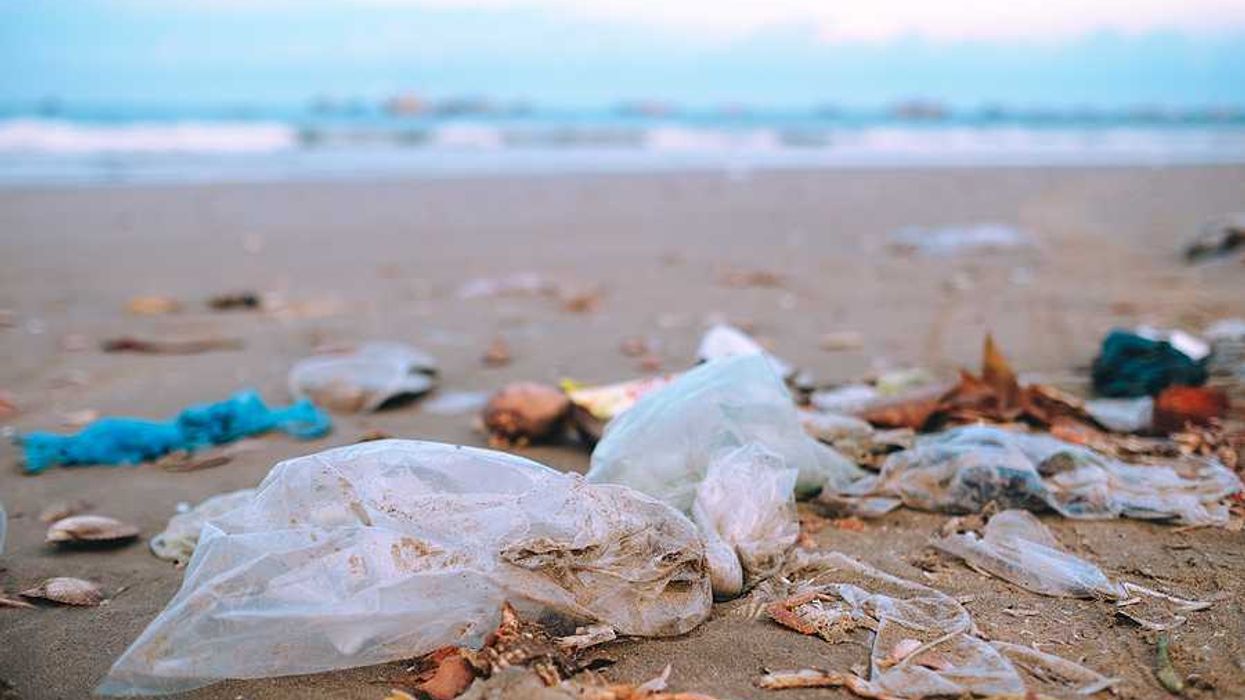Scientists are sounding alarms about endocrine-disrupting chemicals in everyday items like plastics, cosmetics, and cookware, linking them to falling fertility rates and reproductive health issues.
Saabira Chaudhuri reports for The Wall Street Journal.
In short:
- Endocrine-disrupting chemicals, found in products ranging from food packaging to scented candles, mimic or block hormones essential for reproduction, affecting fertility in both men and women.
- Researchers have linked PFAS, BPA and phthalates to reduced sperm quality, hormonal disruptions and conditions like polycystic ovary syndrome and endometriosis, while regulators debate safe exposure levels.
- A 2021 Mount Sinai study found higher PFAS concentrations significantly lowered the likelihood of pregnancy and live births, raising concerns about "forever chemicals" in everyday life.
Key quote:
“The power of these chemicals to impact fertility is mind boggling. We have all sorts of evidence that indicates: ‘Whoa, we’re in serious trouble here.’”
— Patricia Hunt, professor at Washington State University
Why this matters:
With global fertility rates declining, exposure to hormone-disrupting chemicals may represent a hidden health crisis, potentially impacting future generations. While regulators tussle over exposure limits, these chemicals keep flowing into our lives via packaging, cookware and personal care products. Read more: What are endocrine-disrupting chemicals?














